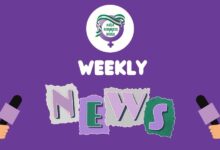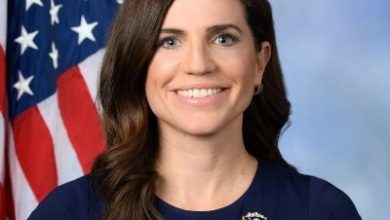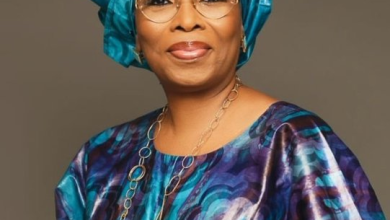
|
Getting your Trinity Audio player ready...
|
Naija Feminists Media hosted a Twitter Space titled “Addressing Misconceptions about PCOS” on September 10, 2025, at 5:00 p.m. WAT.
Polycystic Ovary Syndrome (PCOS) is one of the leading causes of infertility globally, affecting millions of women. Beyond fertility struggles, it also triggers emotional, hormonal, and long-term health challenges that are often overlooked.
The session featured experts and advocates, focusing on dispelling myths surrounding PCOS, highlighting its impact on survivors, and promoting accurate information and stronger support systems.
Welcoming everyone to the X Space discussion, Joy Oke, moderator and Executive Assistant at Naija Feminists Media, introduced the topic, noting that it aligns with the organisation’s commitment to advocating for women’s health.
Opening the floor of the discussion, award-winning researcher and fact-checker Elizabeth Ogunbamowo noted that when it comes to women’s health issues, people often want to give their opinions regardless of whether they are knowledgeable about the matter.
She explained that when people share misinformation about health, it not only affects the women and survivors but also their families and society at large. She stressed that it ends up misleading others and can harm women.
“PCOS is a condition that affects a lot of women, and I believe false information around this kind of condition is harmful and risky,” she said.
Elizabeth highlighted a few misconceptions about PCOS, such as: women living with PCOS may not be able to conceive, or that PCOS can be cured through drastic weight loss. She pointed out that false claims like these can bring stigma to survivors and their families and may delay women from seeking the help they truly need.
The next speaker, Women’s rights advocate Oluwafunmbi Ogunsola, emphasised the importance of information in addressing PCOS, noting that the condition also affects women’s reproductive systems. She noted that conversations around PCOS can help push for fairness and better care for women.
According to her, the focus should be on the reproductive or fertility aspects and the human impact of the condition on women. Funmbi talked on a recurring pattern where women’s health issues are often dismissed because of the patriarchy, with women being portrayed as emotional or exaggerating their health concerns.
Elizabeth also addressed why misinformation about PCOS spreads so easily. She said it boils down to the culture of silence that women have been subjected to. She explained that women are taught not to speak about issues affecting them, and religion has contributed to this silence.
Speaking about these issues, asking questions, and breaking the silence, she said, will go a long way in improving awareness. She added that, unlike other women’s health issues, many people still don’t know much about PCOS, which is why there must be greater awareness, even among younger women.
She further discussed the complexity of PCOS, noting that two women can show almost the same symptoms, but only one may actually have PCOS while the other does not. As a media professional, Elizabeth stressed that the media must give factual and accurate information in their reporting.
She said journalists must ensure the information they publish is verified by medical professionals and experts before going public. They must also use headlines responsibly and provide resources or next steps for people who may be affected.
Funmbi added that discussions need to move beyond online spaces. She suggested having walks, talks, and community outreach to educate women and girls at the grassroots level. She also noted the importance of research and collaboration with religious organisations to sensitise communities.
Beyond medical treatment, she talked about some other forms of support for women with PCOS, such as peer support networks and subsidised counselling services accessible to women across all financial backgrounds, whether poor or rich.
Concluding the X Space, Elizabeth responded to a question on how journalists can report better on women’s health issues. She said journalists must clearly understand the concept they are reporting on, be teachable, and be mindful of their diction and tone.
She encouraged journalists to include survivor stories, seek expert insights, and adopt a storytelling approach while maintaining accuracy and truthfulness.






